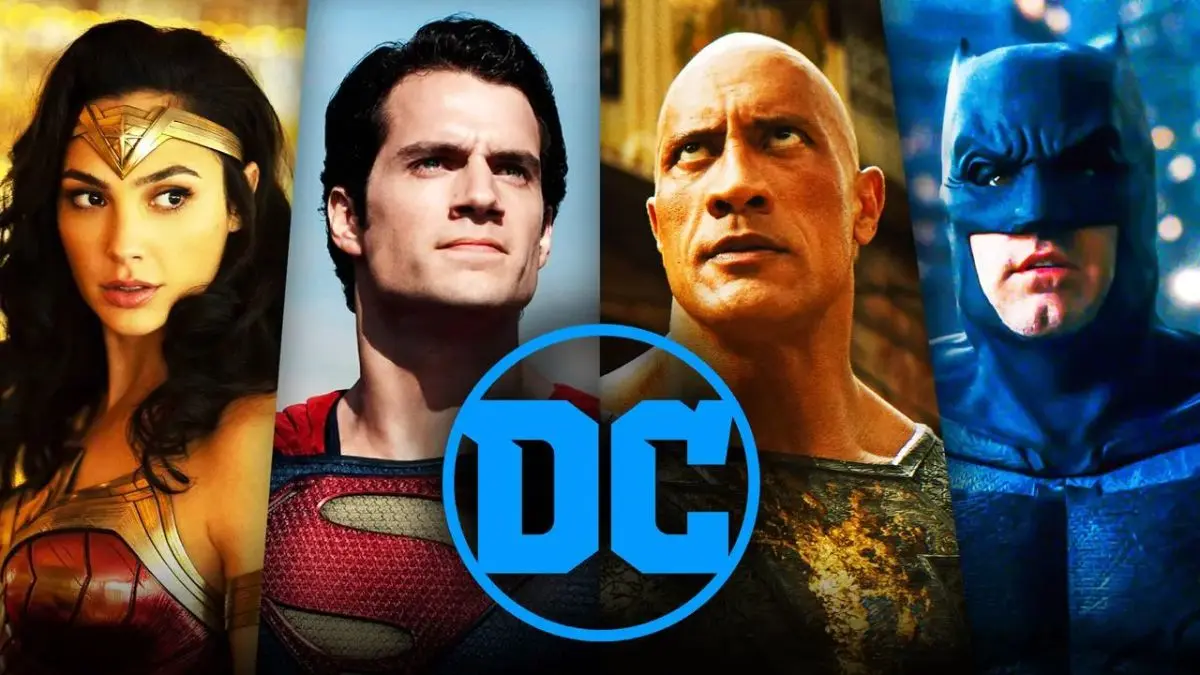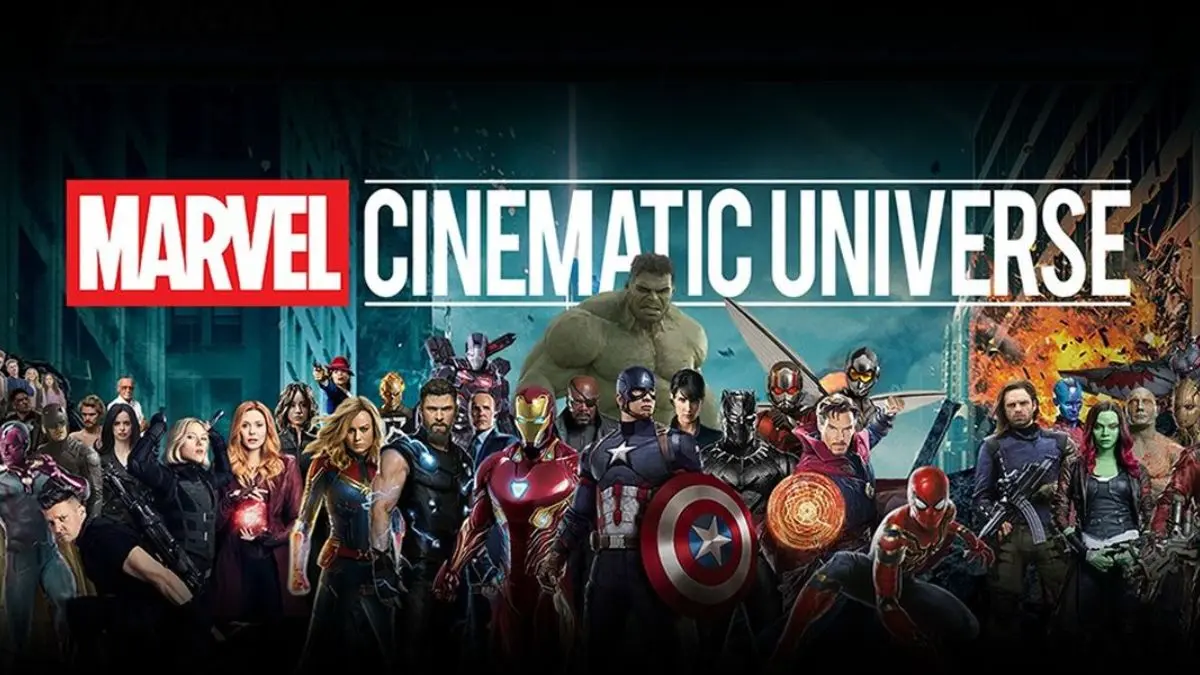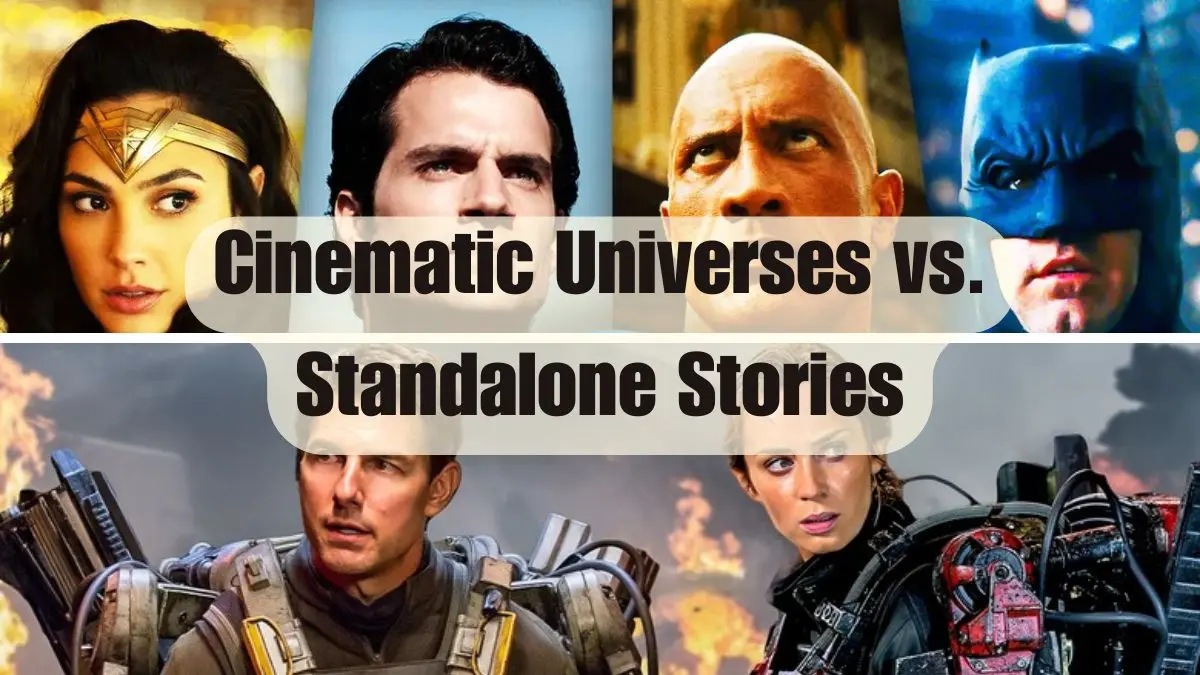Movies have served as the ultimate platform to captivate audiences with gripping narratives, compelling characters, and immersive worlds. Over the years, cinematic universes and standalone stories have become two dominant paradigms of film creation. While cinematic universes offer interconnected sagas and grand, overarching narratives, standalone stories provide tightly focused plots with definitive beginnings and endings. But which of these storytelling approaches leaves a stronger legacy? Let’s explore their impact on the film industry, audiences, and the cultural landscape.
What Defines a Cinematic Universe?
A cinematic universe is a collection of films sharing the same fictional world, characters, and sometimes overarching narratives. These universes often evolve into massive franchises, drawing fans back with promises of new connections and deeper explorations. The marvel Cinematic Universe (MCU) is arguably the most successful example, spawning over 30 films and shows, each tied into a larger narrative arc.
Advantages:
- Interconnected Storytelling: Cinematic universes allow creators to develop stories over multiple installments, creating suspense and engagement.
- Character Depth: Audiences witness the evolution of characters like Iron Man and Thor over years, fostering emotional investment.
- Revenue Potential: These universes create lucrative opportunities for studios through merchandising, spin-offs, and crossovers.
Challenges:
- Risk of Over-Saturation: Too many interconnected Stories can alienate casual viewers.
- Dependence on Success: A single poorly received movie can derail the entire universe’s credibility, as seen with DC’s initial struggles to build their universe.

Standalone Stories: The Art of Self-Contained Narratives
Standalone stories thrive on delivering a complete experience within a single film. Classics like The Shawshank Redemption, Titanic, and Inception offer narratives that do not rely on sequels or prequels to leave a mark.
Advantages:
- Creative Freedom: Directors and writers can focus entirely on the story at hand, unencumbered by the need to set up future installments.
- Memorable Impact: Films like Schindler’s List remain etched in our memories for their singular brilliance.
- Lower Risk: These films do not bear the pressure of sustaining a larger framework.
Challenges:
- Limited Exploration: A single movie may not have enough time to fully explore its themes or characters.
- One-and-Done Nature: Standalone films face challenges in sustaining cultural relevance over long periods without sequels or related media.
Cultural Impact: Universes vs. Standalones
The cultural footprint of a movie or franchise is a significant marker of its legacy. Cinematic universes, like the MCU and Star Wars, have redefined pop culture by becoming global phenomena. Fans actively discuss Easter eggs, theories, and connections, creating a vibrant, sustained conversation around these universes.
Standalone films, however, often enjoy a quieter, more profound cultural impact. Films like The Godfather and Forrest Gump are not merely entertainment; they are considered artistic masterpieces that resonate with audiences across generations. Their legacy is defined by their depth and the timeless nature of their themes.
Key Takeaway: Cinematic universes dominate conversations in the short term, but standalone stories often enjoy longer-lasting critical acclaim.

Audience Experience: Immersion vs. Focus
Cinematic universes immerse audiences in expansive worlds. They invite viewers to engage with multiple narratives, discover connections, and become part of a shared experience. This approach creates anticipation and loyalty but requires significant time and emotional investment.
Standalone films, on the other hand, demand less commitment and offer a focused narrative that can be consumed in one sitting. This makes them appealing to audiences seeking quality entertainment without long-term engagement.
Which Wins? The choice often depends on individual preferences. Those who enjoy depth and connections lean toward cinematic universes, while those seeking a concise, impactful experience favor standalone films.
The Business Perspective: Box Office and Beyond
From a financial standpoint, cinematic universes are juggernauts. The MCU has grossed over $29 billion worldwide, and Star Wars continues to generate billions through films, series, and merchandise. The ability to spin off multiple revenue streams ensures these universes remain profitable for decades.
Standalone films, while often less profitable, are no less significant. Hits like Interstellar and Fight Club prove that standalone projects can break box office records and leave a lasting impression without relying on sequels.
Legacy Factor: Financially, cinematic universes often have the upper hand, but standalone films can achieve extraordinary success when done right.
Awards and Critical Acclaim
Standalone films tend to dominate awards seasons. Films like Parasite, 12 Years a Slave, and La La Land have swept major awards for their storytelling and performances. Cinematic universes, by contrast, often struggle to gain critical recognition, as the Academy and other award bodies prioritize originality over blockbuster appeal.
However, exceptions like Black Panther and The Dark Knight demonstrate that cinematic universes can achieve critical success when they balance artistic ambition with mainstream appeal.
Key Insight: While cinematic universes win at the box office, standalone stories often reign in the realm of critical acclaim.

Legacy Through Innovation
Cinematic universes push the boundaries of technology and storytelling. Films like Avengers: Endgame and Avatar: The Way of Water showcase groundbreaking visual effects and creative world-building. They redefine what is possible in cinema and influence the next generation of filmmakers.
Standalone films, on the other hand, innovate through storytelling. Christopher Nolan’s Memento and Denis Villeneuve’s Arrival demonstrate that originality and narrative structure can be just as groundbreaking as technological advancements.
Which Leaves a Stronger Legacy? Cinematic universes shape the industry through their scale and influence, while standalone films leave an intellectual and emotional legacy through innovation in storytelling.
Also Read: Sequels vs. Prequels: Which One Truly Elevates the Original?









